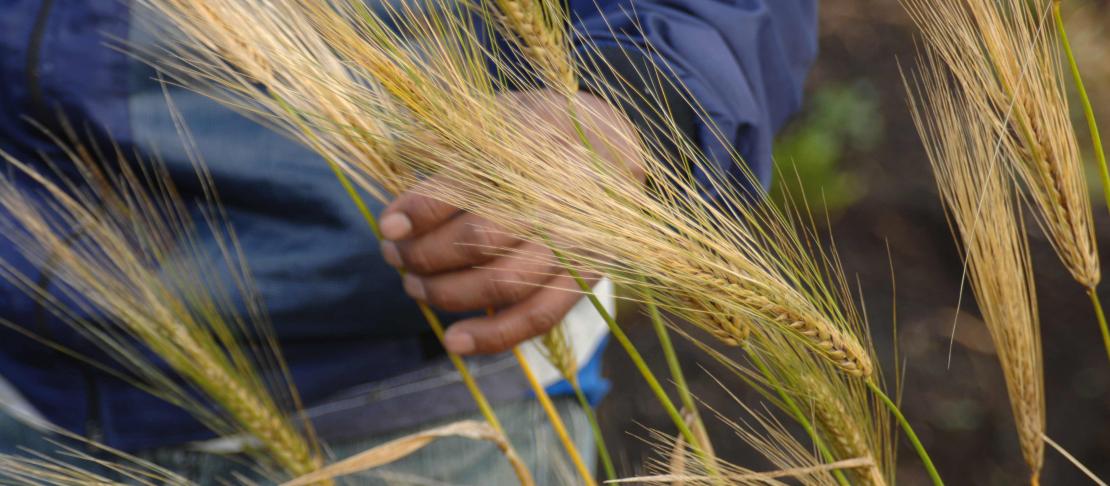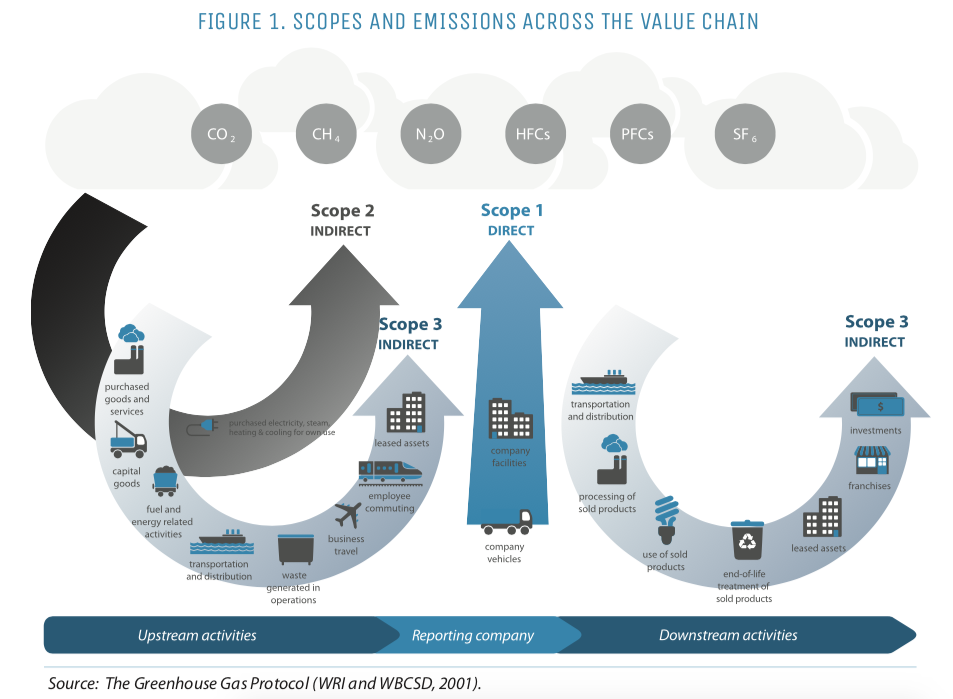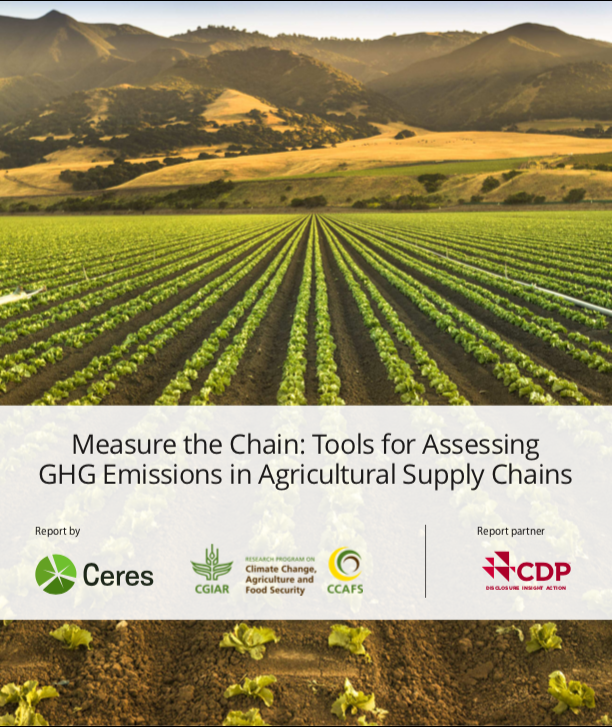Measure the chain: Tools for managing GHG emissions in agricultural supply chains

New tool provides guidance and resources for assessing and disclosing emissions from agricultural production.
Download the publication: |
The vast majority of greenhouse gas emissions from food companies come from agricultural production, yet few companies assess and disclose these emissions. And even fewer companies set targets to reduce emissions from agriculture. Today, CCAFS, Ceres, and CDP released a report that aims to help companies improve disclosure and mitigation of supply chain emissions in the food sector.
The report describes select tools and methods for managing and disclosing supply chain (also called Scope 3) emissions generated by food system suppliers. Scope 3 emissions include emissions from agricultural production, such as fertilizer use, and associated land-use change, including deforestation.
In 2017,15 major food companies disclosed supply chain emissions totalling 629.9 million tons of carbon dioxide emissions, equivalent to annual emissions from 156 coal-fired power plants or 70.9 billion gallons of gasoline. This accounted for 85% of the companies’ total carbon footprints.
"The data is clear that agriculture supply chains are major contributors to climate change,” said Julie Nash, Director of Food and Capital Markets at Ceres. “With recent advancements, food companies have guidance and tools to measure these supply chain emissions. Many iconic food brands are already disclosing supply chain emissions and setting targets to reduce them. More companies will need to do the same."

Widespread demand for emissions accounting and disclosure
“Any food and beverage company that takes climate action seriously must set meaningful targets to reduce emissions from agricultural production,” said Kevin Rabinovitch, Global Vice President of Sustainability at Mars, Inc. “At Mars, 75% of our full value chain emissions come from agriculture and land use. To reduce these emissions, our Sustainable in a Generation Plan includes ambitious, science-based targets.”
A recent survey conducted by Ceres found that less than one-third of the 50 largest food and beverage companies in the U.S. and Canada publicly disclose emissions from agricultural production. Of the 50 companies analyzed, 30 have active, company-specific greenhouse gas emissions reduction targets for their own operations. Among these 30 companies, only 15 provided Scope 3 emissions. And only eight have explicit targets to reduce these emissions.
We know that the investors and companies that we work with want a better understanding of the risks and opportunities associated with agricultural supply chains."
Sultana Bahir, Global Director of Forests at Cisco Discovery Protocol (CDP)
Science and technology to ease challenges of emissions accounting in agriculture
Supply chain emissions are challenging to track because most large food companies purchase agricultural products. Therefore, emissions from farms and forests tend not to be under their direct control. Improvements in methods and tools are removing these barriers, making disclosure of supply chain emissions easier and more accurate.
By measuring Scope 3 emissions, food companies can better assess where most emissions are occurring in their supply chains, identify which suppliers are leaders or laggards in their sustainability performance, and recognize cost reduction opportunities in their supply chains.
Given the advanced methods and tools, as compiled in Measure the Chain and reviewed by CDP, investors now expect companies to fully disclose Scope 3 greenhouse gas emissions and to have a scientific basis for their disclosure, including evidence on issues ranging from which estimation methods were used to how companies included land-use change in their assessment.
Disclosure will help companies move toward globally significant emission reductions
Given the magnitude of reductions needed to limit average global temperature rise to below 1.5 degrees Celsius, as urged by the UN Intergovernmental Panel on Climate Change (IPCC) report, measuring and reducing greenhouse gas emissions is critical. According to the IPCC, the agriculture and land-use sector currently produces almost one-quarter of the world’s greenhouse gas emissions -- more than either the industry sector or the transport and building sectors combined.
Food companies can make a major contribution to meeting the goals of the Paris Agreement, and several of them are leading the way by setting science-based targets that include Scope 3 emissions from agriculture. Transparently measuring progress on these targets sends a signal to investors and consumers that companies take climate change seriously.”
Meryl Richards, CCAFS Science Officer and lead author of Measure the Chain
Read more:
This press release was developed by Ceres with input from CCAFS. Ceres is a sustainability nonprofit organization working with investors and companies to build leadership and drive solutions throughout the economy.




